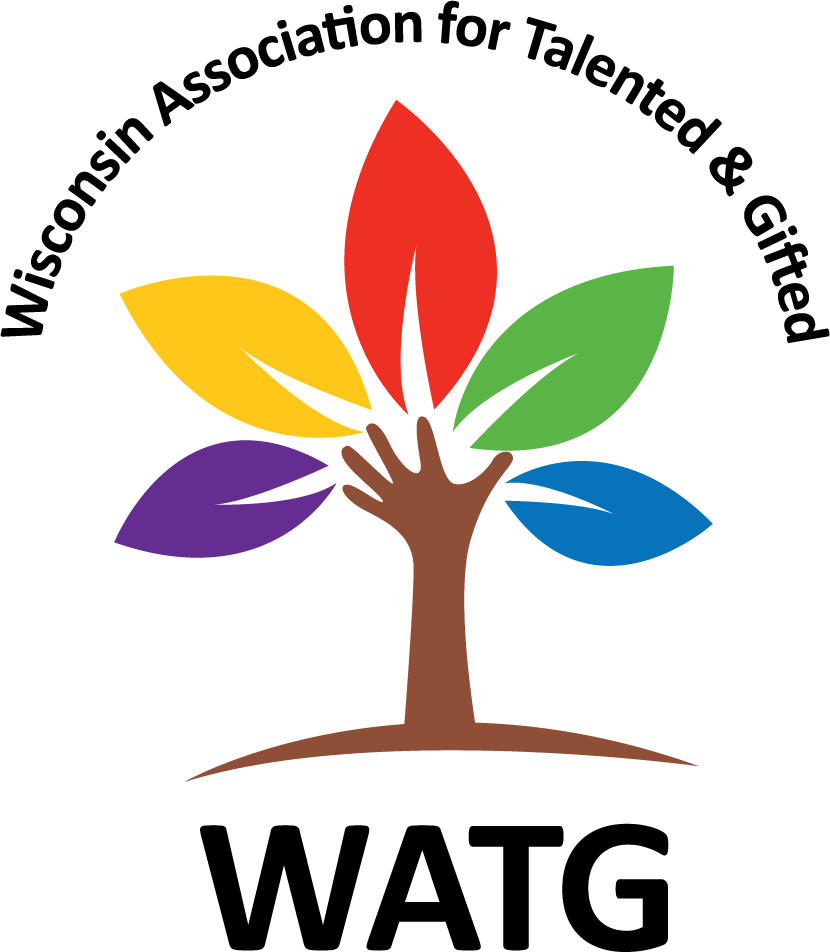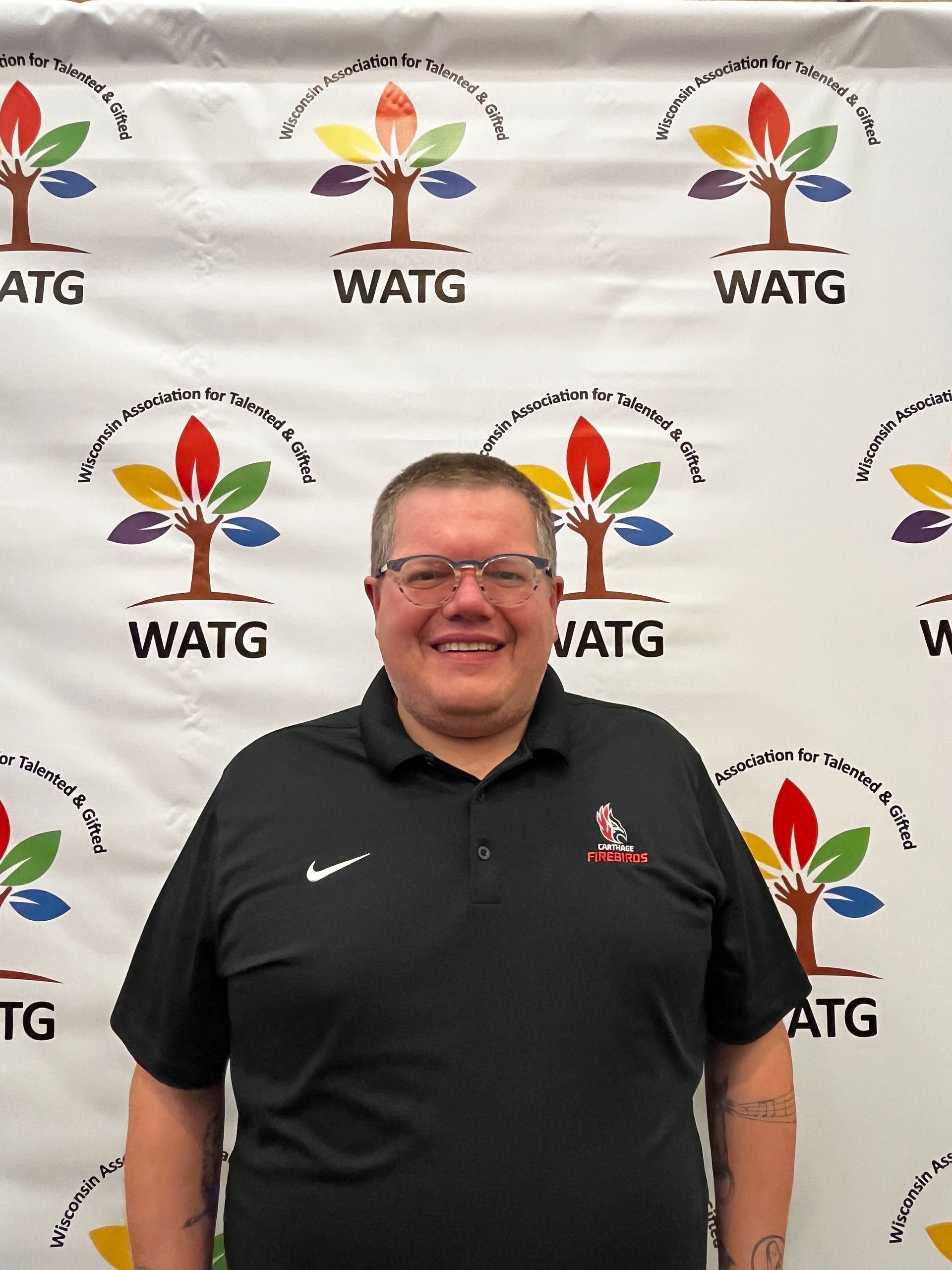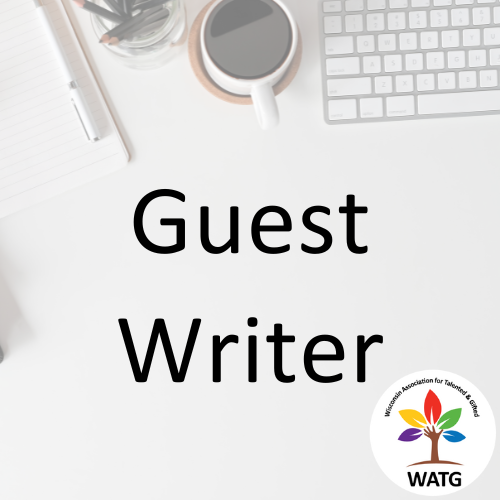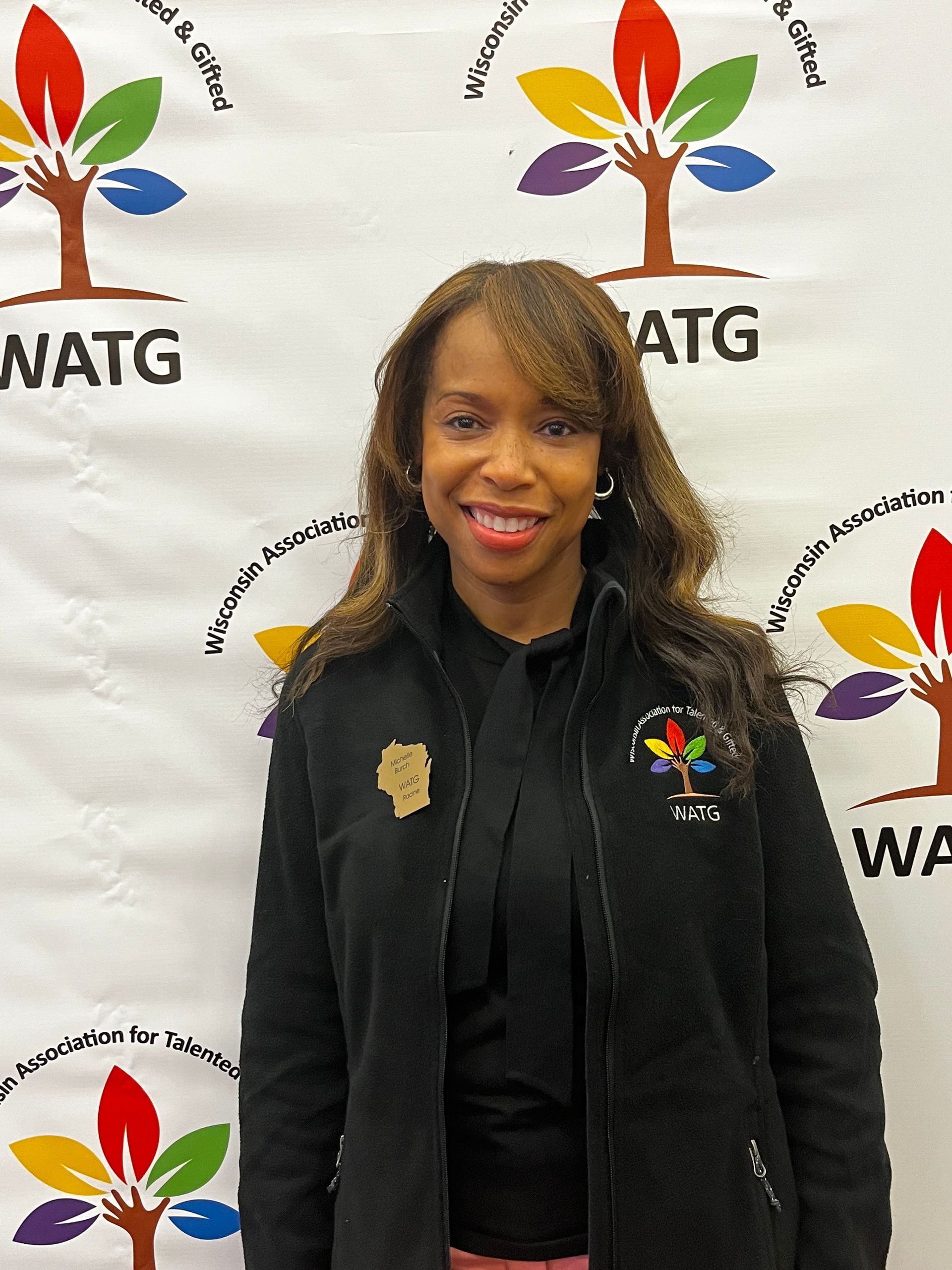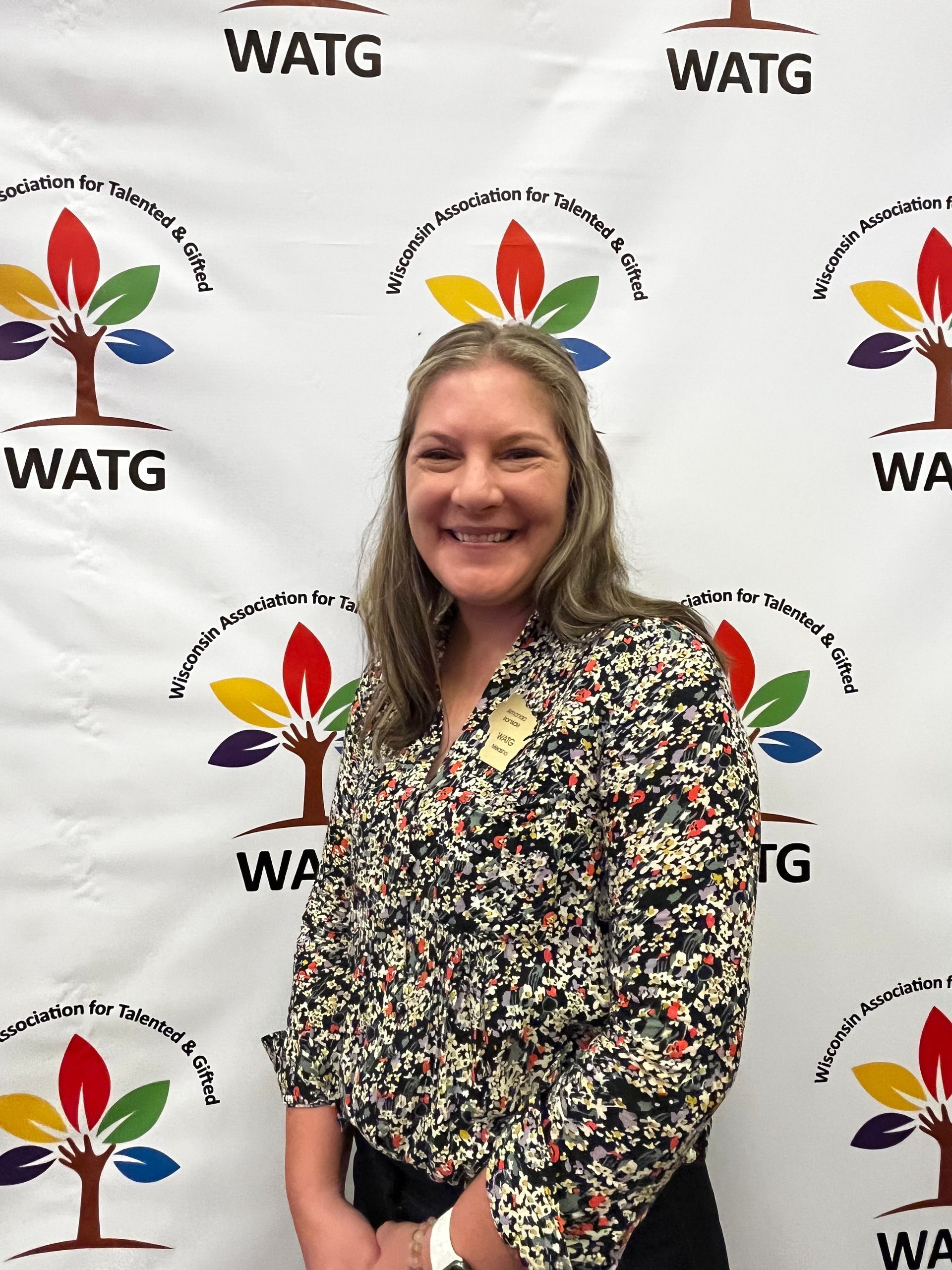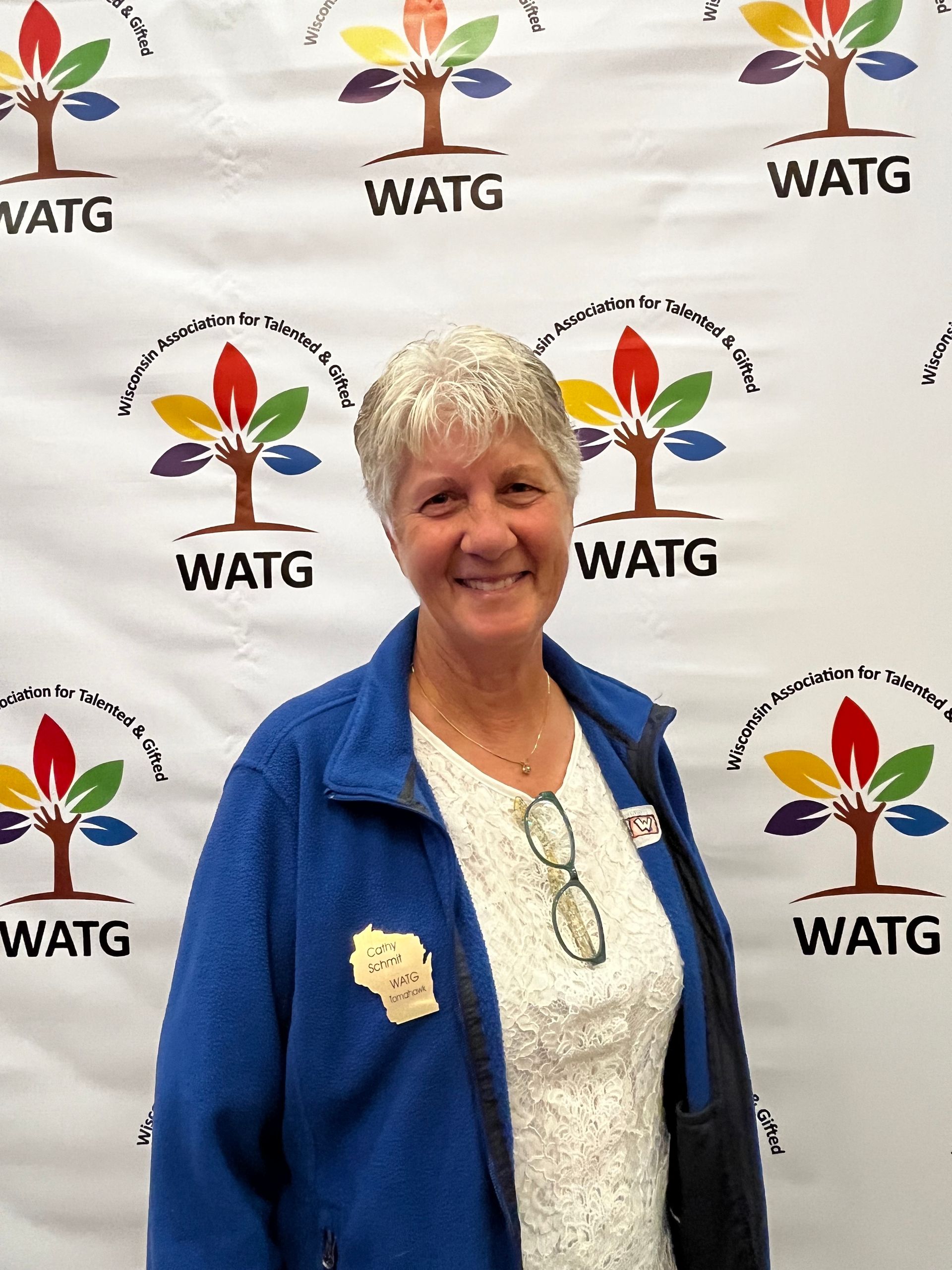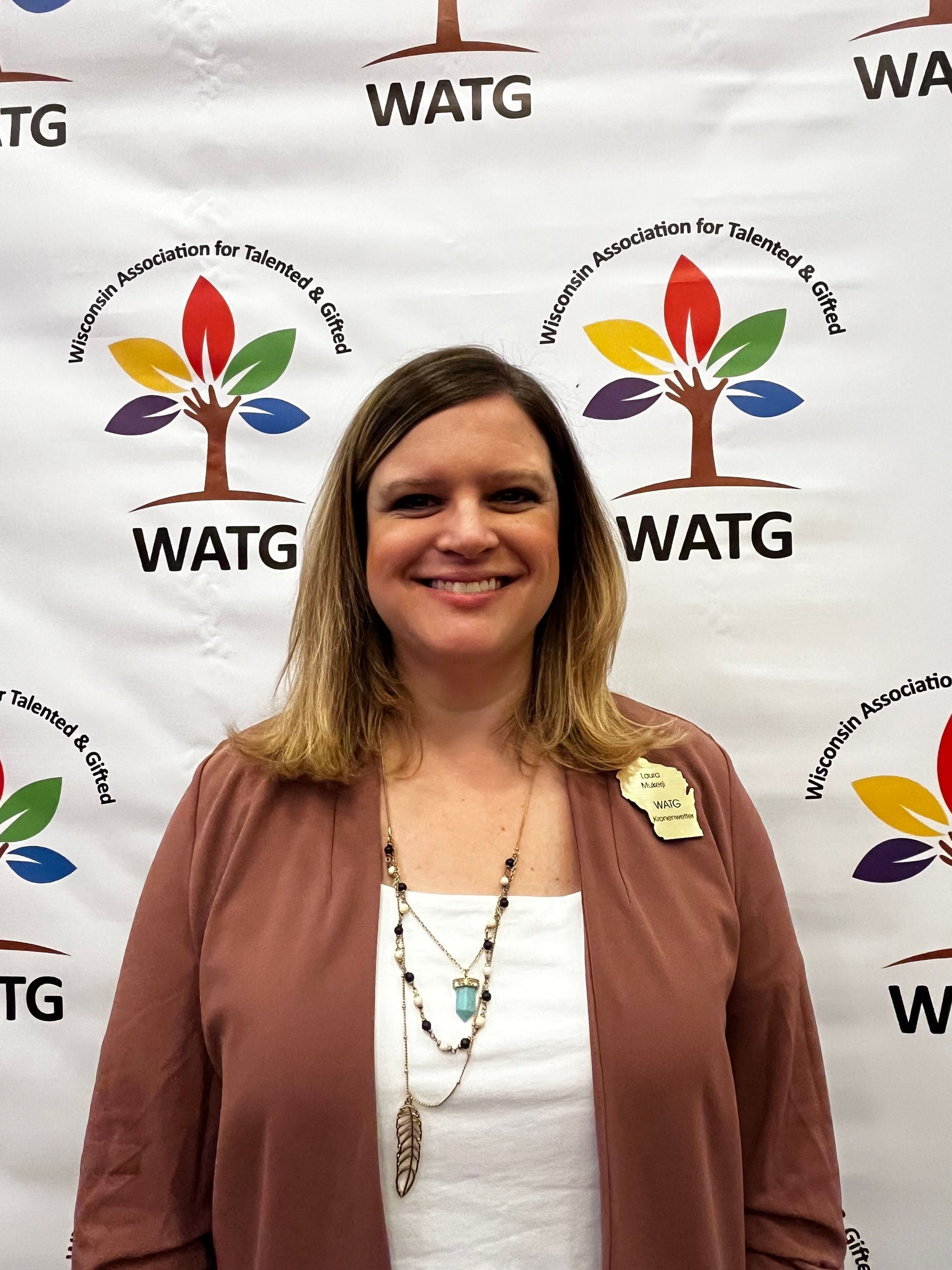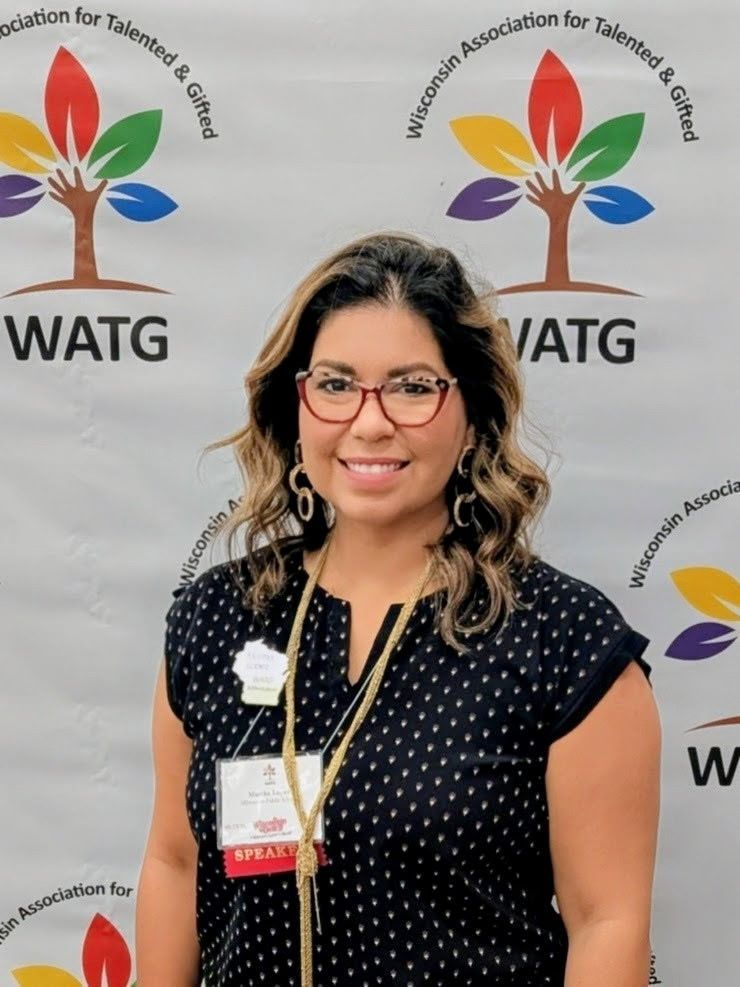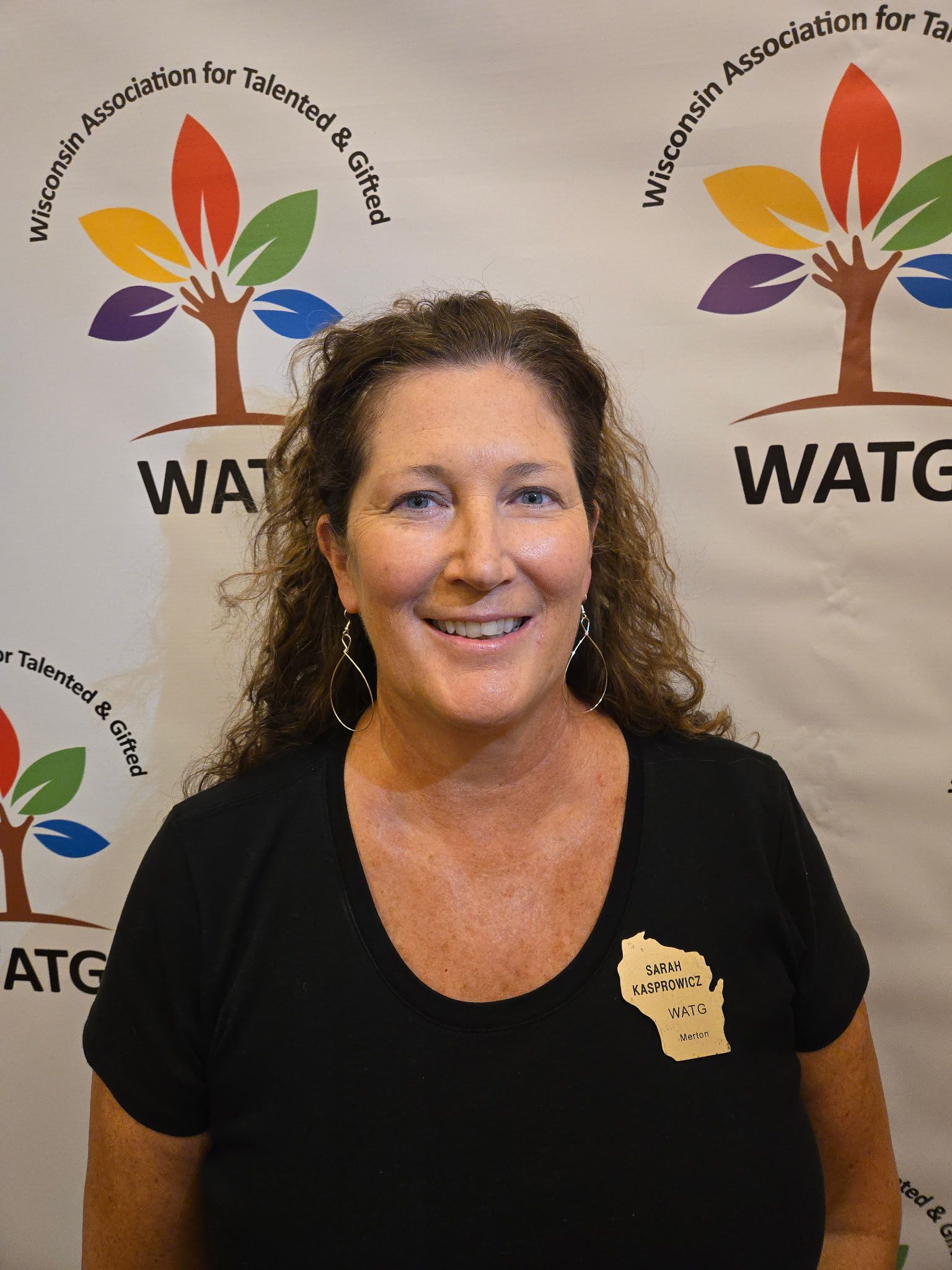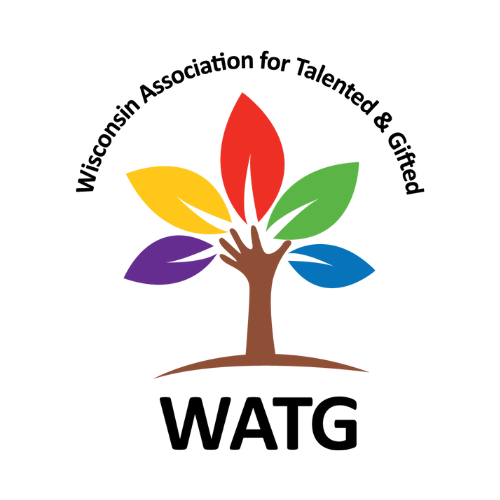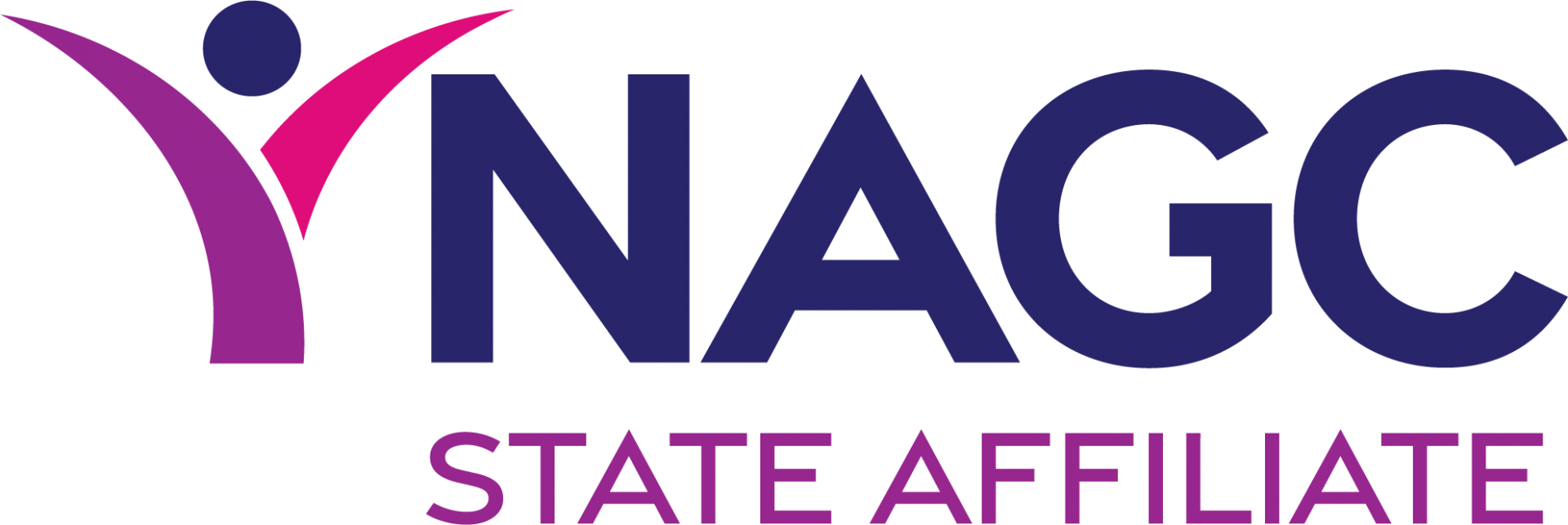Challenging the Myth that "All Students are Gifted"
One common misconception I have encountered several times as an educator and parent is the idea that “all students are gifted”. While this notion is undoubtedly well-intentioned, and it is true that every child possesses unique talents and strengths, equating these traits with giftedness in an educational context undermines the needs of students who require specialized support in the field of gifted and talented education. This misbelief dilutes the resources and services essential for these students to thrive and perpetuates inequalities both in the classroom and beyond.
To understand why this is problematic, it’s important to clarify what giftedness truly means. Giftedness is more than simply being a bright or high-achieving student. According to Rimm, Davis, and Siegle in
Education of the Gifted and Talented, “There is no one definition of gifted, talented, or giftedness that is universally accepted. Common usage of the terms even by experts is ambiguous and inconsistent” (2017). In Wisconsin, “Gifted and talented pupils” means pupils enrolled in public schools who give evidence of high performance capability in intellectual, creative, artistic, leadership, or specific academic areas and who need services or activities not ordinarily provided in a regular school program in order to fully develop such capabilities (Wis. Stat. § 118.35, 2025). Gifted individuals may also exhibit traits such as heightened observation, curiosity, and alertness. These areas set gifted students apart from their peers and highlight a need for targeted support from educators.
In addition to these areas, gifted students often face unique challenges and have special social and emotional needs. They may struggle with feelings of isolation when their abilities set them apart from peers, making it difficult to form meaningful friendships. Others might experience intense perfectionism, fearing failure so deeply that they avoid challenges altogether. Some gifted students have heightened sensitivity to criticism or injustice, which can make daily interactions with peers and teachers emotionally overwhelming and exhausting. Additionally, some students are twice-exceptional, meaning they are gifted while also having a learning difference. These students may require both enrichment opportunities and accommodations to address their areas of struggle, creating a unique set of needs that requires careful, individualized support. Addressing these challenges requires a collaborative effort from educators, parents, and mental health professionals to create a supportive environment that encourages resilience, a growth mindset, self-acceptance, and healthy coping strategies.
Stating that “all children are gifted” not only diminishes the unique strengths of gifted students but also downplays their social and emotional struggles. This misconception can lead to significant consequences for gifted learners. Gifted students who are not adequately challenged often experience boredom, frustration, and underachievement. (National Association for Gifted Children, n.d.) Research has shown that when the needs of gifted teens are ignored, they are at a higher risk for issues such as depression, disengagement, a higher dropout rate, and receive poorer grades, which in turn perpetuates the problem. Proper identification and recognition of the unique needs of these students are the first step to helping these students thrive instead of merely enduring
It is worth acknowledging that the phrase “all students are gifted” usually comes from a few well-meaning place; the person using the phrase is promoting inclusivity and celebrating the strengths of all learners. While the desire for inclusivity is wonderful, it is important to use the language of giftedness as defined in an educational context. It is important to recognize that some students require special programs or services to reach their full potential. This need does not detract from the value of other students, rather, it ensures equity by providing all students with the resources they need to succeed.
So what can be done? Educators can address this issue by implementing differentiated instruction, multiple tiers of instruction, and project-based learning where students are allowed the opportunity for challenge and enrichment. Schools can prioritize professional development for teachers to help them identify and support gifted students academically and emotionally. As a family of educators, we can recognize the potential in every student and work to support all students across their educational career – helping to meet their developmental needs. Finally, we can recognize the social, emotional, and academic needs of gifted learners as needs requiring support in the education system.
While every child is indeed special, not every child is gifted in the educational sense. For educators and other school professionals, it is crucial to recognize this distinction in order to provide meaningful challenges, resources, and appropriate support to foster the potential of all students. As educators and advocates, we must move beyond the idea that “all students are gifted” as a narrative and instead focus on creating inclusive environments that respect and nurture the unique needs of all learners, including gifted learners.
References:
National Association for Gifted Children. (n.d.). Myths about gifted students. Retrieved January 27, 2025, from https://nagc.org/page/myths-about-gifted-students
Rimm, S. B., Siegle, D., & Davis, G. A. (2018).
Education of the gifted and talented (7th ed.). Pearson.
Wisconsin Statutes § 118.35. (2025). Gifted and talented pupils.
https://docs.legis.wisconsin.gov/statutes/statutes/118/35
By Laura Mukerji, WATG Board Member
